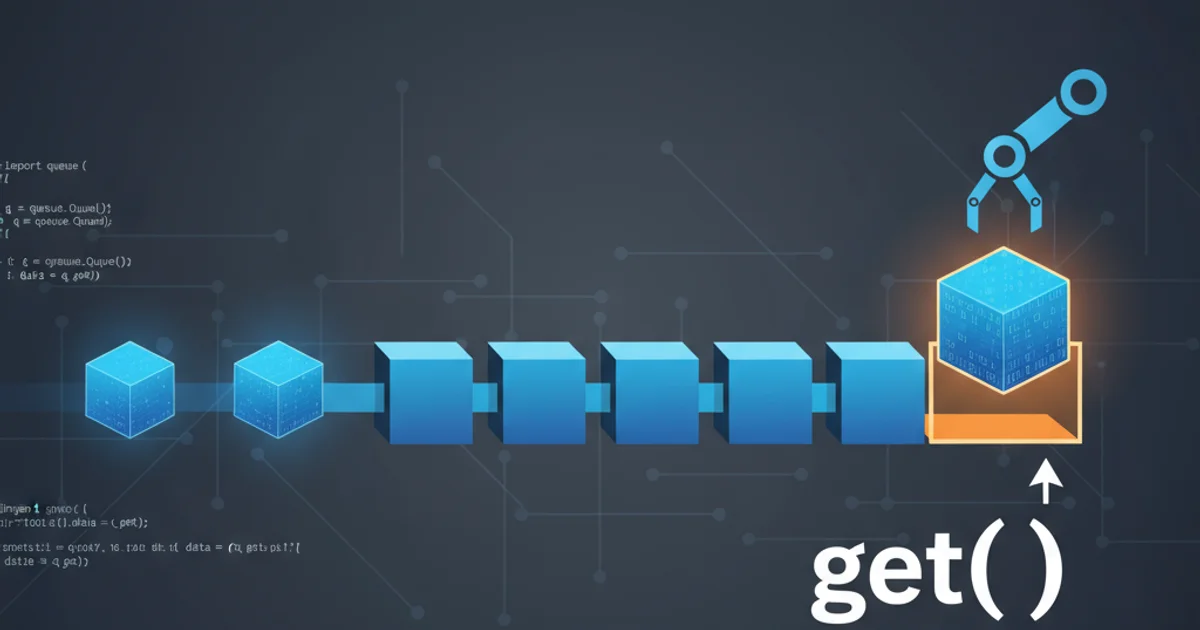Difference between DataMember and JsonProperty in webapi2
Categories:
DataMember vs. JsonProperty: Mastering Serialization in Web API 2

Explore the key differences between DataMember and JsonProperty attributes in ASP.NET Web API 2 for controlling JSON serialization and deserialization, and learn when to use each for optimal data contract management.
When building RESTful APIs with ASP.NET Web API 2, effective serialization and deserialization of data are crucial. Two common attributes used to control how .NET objects are mapped to JSON (and vice-versa) are [DataMember] and [JsonProperty]. While they both serve a similar purpose – influencing the JSON representation of your data – they originate from different serialization frameworks and have distinct behaviors and use cases. Understanding these differences is key to choosing the right tool for your specific serialization needs.
Understanding DataMember (DataContractSerializer)
The [DataMember] attribute is part of the System.Runtime.Serialization namespace and is primarily used with the DataContractSerializer. This serializer is the default for WCF (Windows Communication Foundation) services and can also be used in Web API. When you mark a class with [DataContract] and its properties with [DataMember], you are explicitly defining a 'data contract' that dictates which properties should be included in the serialized output. By default, DataContractSerializer is opt-in, meaning only properties explicitly marked with [DataMember] will be serialized.
using System.Runtime.Serialization;
[DataContract]
public class ProductDataContract
{
[DataMember(Name = "product_id", Order = 1)]
public int Id { get; set; }
[DataMember(Name = "product_name", Order = 2)]
public string Name { get; set; }
// This property will NOT be serialized by DataContractSerializer
public decimal Price { get; set; }
[DataMember(EmitDefaultValue = false)]
public string Description { get; set; }
}
Example of a class using [DataContract] and [DataMember]
Order property in [DataMember] allows you to specify the order of properties in the serialized JSON, which can be useful for maintaining a consistent schema or for interoperability with systems that expect a specific order.Understanding JsonProperty (Json.NET/Newtonsoft.Json)
The [JsonProperty] attribute belongs to the Newtonsoft.Json library (also known as Json.NET), which is the default JSON serializer for ASP.NET Web API 2. Json.NET is a powerful and flexible serializer widely adopted in the .NET ecosystem. Unlike DataContractSerializer, Json.NET is opt-out by default, meaning all public properties of a class will be serialized unless explicitly ignored (e.g., with [JsonIgnore]). The [JsonProperty] attribute provides fine-grained control over property naming, required status, and other serialization behaviors.
using Newtonsoft.Json;
public class ProductJsonProperty
{
[JsonProperty("product_id")]
public int Id { get; set; }
[JsonProperty("product_name", Required = Required.Always)]
public string Name { get; set; }
// This property WILL be serialized by default, unless [JsonIgnore] is used
public decimal Price { get; set; }
[JsonProperty(DefaultValueHandling = DefaultValueHandling.Ignore)]
public string Description { get; set; }
}
Example of a class using [JsonProperty]
flowchart TD
A[Serialization Process] --> B{Default Serializer?}
B -- "DataContractSerializer" --> C[Uses DataMember]
B -- "Newtonsoft.Json" --> D[Uses JsonProperty]
C --> E{Opt-in by default}
D --> F{Opt-out by default}
E --> G["Only [DataMember] properties included"]
F --> H["All public properties included (unless [JsonIgnore])"]
G & H --> I[JSON Output]Serialization flow based on default serializer
Key Differences and When to Use Which
The primary distinction lies in their underlying serialization frameworks. [DataMember] is for DataContractSerializer, while [JsonProperty] is for Newtonsoft.Json. In modern ASP.NET Web API 2 applications, Newtonsoft.Json is the default and generally preferred serializer due to its flexibility, performance, and rich feature set. Therefore, [JsonProperty] is typically the attribute you'll use most often.
Here's a summary of their differences:
- Origin:
DataMemberis fromSystem.Runtime.Serialization(WCF/DataContractSerializer);JsonPropertyis fromNewtonsoft.Json. - Default Behavior:
DataContractSerializeris opt-in (only[DataMember]properties are serialized).Newtonsoft.Jsonis opt-out (all public properties are serialized by default). - Features:
JsonPropertyoffers more granular control over serialization, includingRequiredstatus,DefaultValueHandling, and custom converters, making it more powerful for complex scenarios. - Interoperability: If you're integrating with older WCF services or systems that specifically expect
DataContractSerializeroutput,[DataMember]might be necessary. Otherwise,[JsonProperty]is the standard for Web API.
It's generally not recommended to mix both attributes on the same class for the same serialization purpose, as it can lead to confusion and unpredictable behavior depending on which serializer is active.
[DataMember] and [JsonProperty] on the same class unless you have a very specific reason and understand the implications of having multiple serializers potentially processing the same type. Stick to one attribute set for consistency.